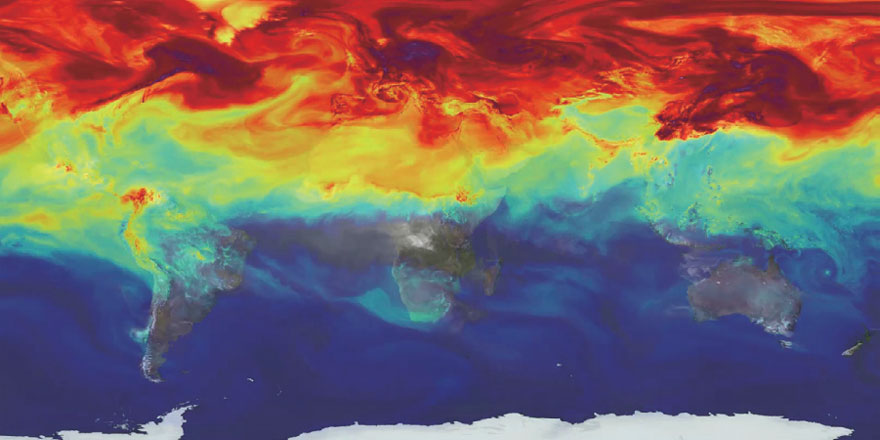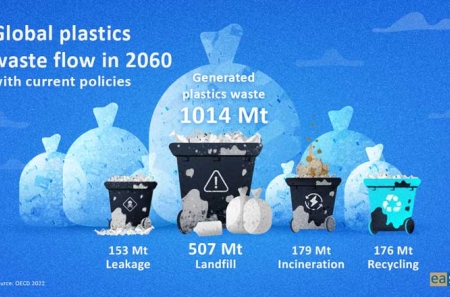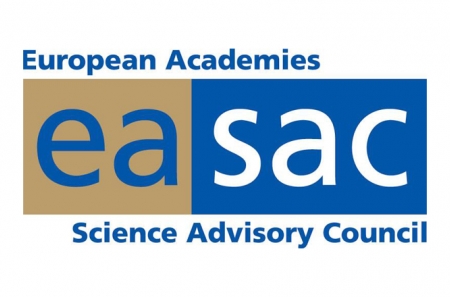
Negative Emissions Technologies, the Paris Agreement and the Irish Case
06 March 2018Downloads
Dr Alwynne McGeever, TCD, outlines her briefing paper on the relevance to Ireland of the EASAC Negative Emissions Technology report in the latest blogpost from the Climate Change and Environmental Sciences Committee.
(Blog post content and statements are proprietary to the authors. Each author represents only themself and their own opinion.)
Negative Emissions Technologies, the Paris Agreement and the Irish case
The Paris Agreement, agreed in 2015, sets a target of limiting global average temperature rise to well below 2°C. The most recent Intergovernmental Panel on Climate Change (IPCC) report provides possible pathways for achieving this temperature target, using Integrated Assessment Models (IAM). The vast majority of the IAM pathways for the 2oC target depend on the wide scale availability and use of Negative Emission Technologies (NETs).
So what are Negative Emission Technologies (NETs)?
NETs refer to any mechanism that successfully removes carbon dioxide from the atmosphere and stores it outside the atmosphere e.g. afforestation, Bioenergy with Carbon capture and Storage (BECCs) enhanced weathering and Direct Air Capture with Carbon Capture and Storage (DACCs).
EASAC Report
The recent EASAC report, ’Negative emission technologies: What role in meeting Paris Agreement targets?‘, assesses the feasibility and likelihood of NETs options being delivered at scale, as indicated by the IPCC IAMs. Unfortunately, they found that NETs had “limited realistic potential” and are unlikely to achieve the emission removals required to align with the 2oC temperature limit.
What does this mean for Ireland?
Ireland’s current emission targets are to reduce emissions out of the ETS sector by 20% of 2005 levels by 2020. Currently, Ireland’s emissions continue to rise and are unlikely to meet this target. If Ireland could deploy and scale up NETs options it may be able to achieve significant net emission reductions by offsetting emissions with carbon dioxide removal. However, as indicated by the EASAC report, it is unlikely NETs will be ready and effective in time to deliver this.
The NETs option currently most familiar, feasible and affordable to deploy is afforestation. However, land area requirements and the long-term security of the removed carbon dioxide limit afforestation’s realistic potential to effectively offset national emissions. NETs options that have more permanent storage, such as BECCS and DACCS, are currently unavailable in Ireland due to cost, lack of infrastructure and technological immaturity.
Conclusion
The EASAC report provides a useful review of NETs options with many insights that are directly transferrable to an Irish context. It concludes that immediate effective emissions reductions should be the highest priority in pursuit of the global temperature limit, and cautions that over-reliance and misplaced optimism in NETs may lead to insufficient emission reduction action and significantly increases the risks of dangerous future climate change.
While developing NETs options in Ireland continues to be of significant national interest, the EASAC report warns us that NETs will not ‘compensate for inadequate mitigation measures’. Hence, significant immediate emission reductions must be Ireland’s highest climate change policy priority.
A detailed analysis of this issue in the Irish context is available here.



